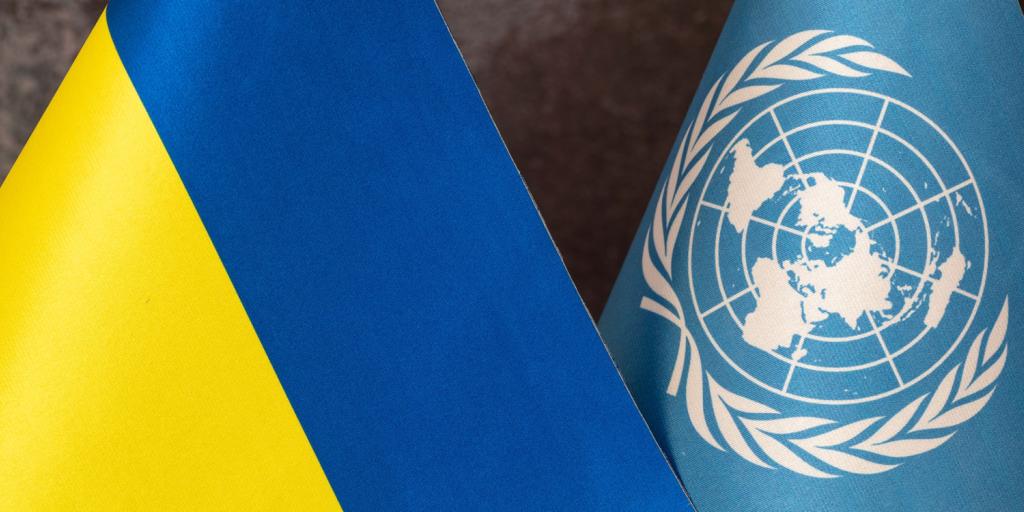
Will War in Ukraine Grow Larger?
In a recent speech to the United Nations General Assembly, Secretary-General António Guterres gave the following somber warning: “We have started 2023 staring down the barrel of a confluence of challenges unlike any in our lifetimes” (The Guardian, February 6, 2023). He warned that the conflict between Russia and Ukraine could lead to more bloodshed and greater escalation, and he made a chilling prediction: “I fear the world is not sleepwalking into a wider war. I fear it is doing so with its eyes wide open.” Mr. Guterres also claimed that the world needs a new approach to peace that involves a return to the UN’s charter—putting human rights and dignity first and foremost.
Although human rights and dignity are very important, a return to any humanly devised set of rules—no matter how noble or well-intentioned—will not result in world peace. Humanity has sought peace for millennia, only to fall woefully short, time after time. The Bible teaches, “There is a way that seems right to a man, but its end is the way of death” (Proverbs 14:12) and proclaims that human beings simply do not know the way to peace (Isaiah 59:8). Try as we may, humanity left to itself will not find lasting peace, because that attempt will be predicated on flawed laws and statutes that are unable to fundamentally transform human nature. The real key to lasting peace will be the return of the Prince of Peace (Isaiah 9:6–7), who will restore God’s law and statutes—the “perfect law of liberty” (James 1:25). True peace will only come after society surrenders to God and begins to operate according to His law. To learn more about this vital subject, be sure to read or listen to “Can There Be Peace on Earth?”



